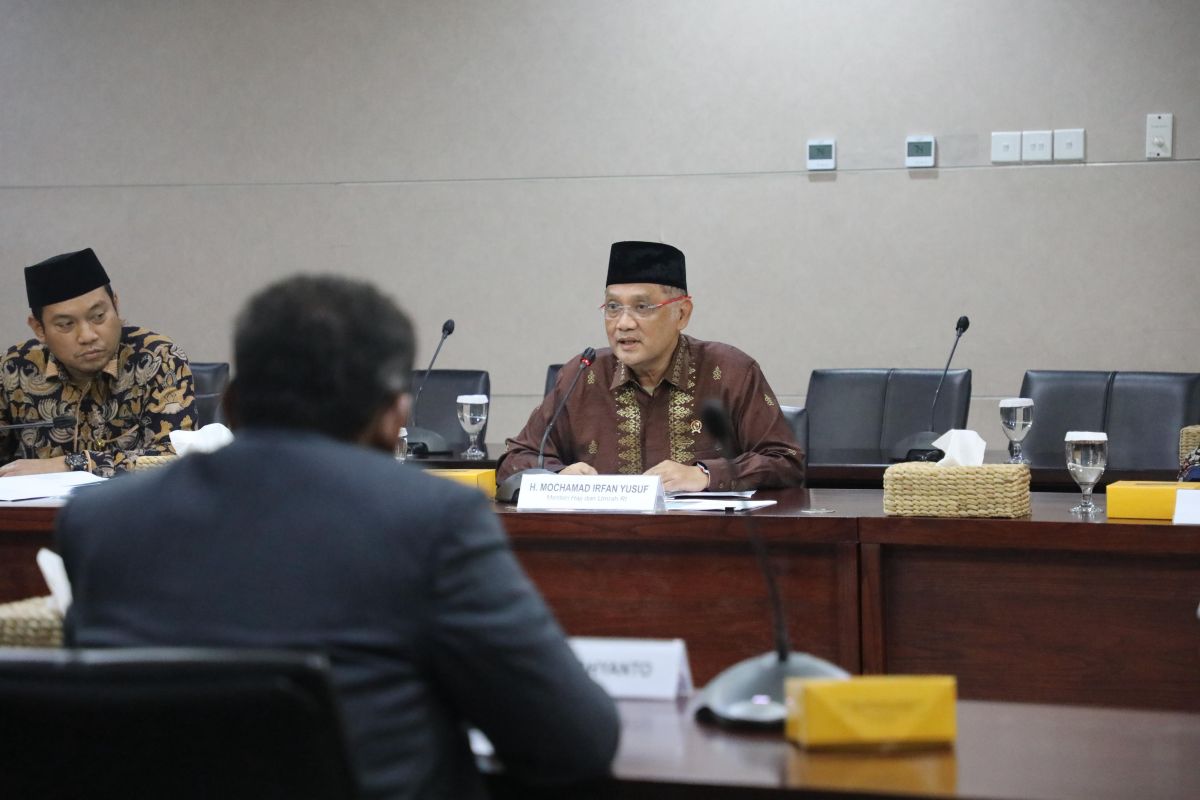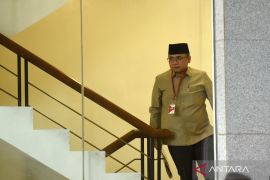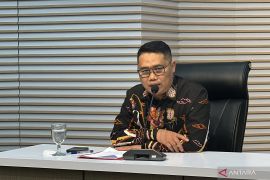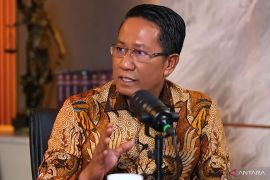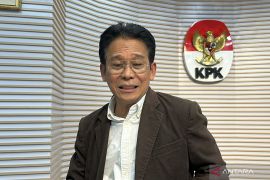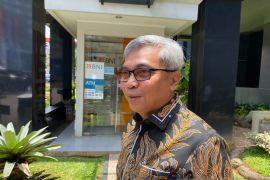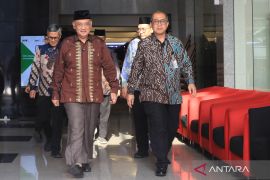“Transparency is the principle. The tender and procurement processes should be publicized,” Budiyanto said during a meeting with the ministry on Friday, according to a statement issued Saturday.
He stressed that transparency is vital as around 221,000 Indonesian pilgrims are expected to perform the 2026 hajj, with total fund circulation projected at Rp17 trillion to Rp20 trillion (US$1.02–1.2 billion).
Budiyanto said open procurement would make monitoring easier for the public and help prevent problems that occurred during last year’s pilgrimage.
He also emphasized the need to establish a consistent, professional, and human-centered hajj system.
“We believe that under Minister Irfan’s leadership, hajj services will continue to improve,” he said.
During the meeting, Hajj and Umrah Minister Mochamad Irfan Yusuf reaffirmed his commitment to providing effective, accountable, and transparent services, while seeking KPK’s assistance in preventing misconduct.
Related news: Hajj Minister seeks KPK support to safeguard pilgrimage integrity
According to ministry records, several potential issues could arise during procurement, including price manipulation and bribery in securing accommodation, flights, and catering services.
Beyond procurement oversight, the ministry also requested the KPK’s support in screening officials who will be transferred from the Ministry of Religious Affairs to the Ministry of Hajj and Umrah.
KPK Deputy Chairperson Fitroh Rohcahyanto noted that the biggest risk is not only financial losses to the state but also bribery related to the hajj quota, given the high public demand for pilgrimage slots.
The KPK welcomed the ministry’s efforts to enhance cooperation and pledged support through sharing results of its hajj management study, strengthening officer integrity, and monitoring preparations for the 2026 pilgrimage.
Related news: KPK traces details of Hajj quota distribution to Yaqut Qoumas
Translator: Fianda Sjofjan, Raka Adji
Editor: Rahmad Nasution
Copyright © ANTARA 2025
